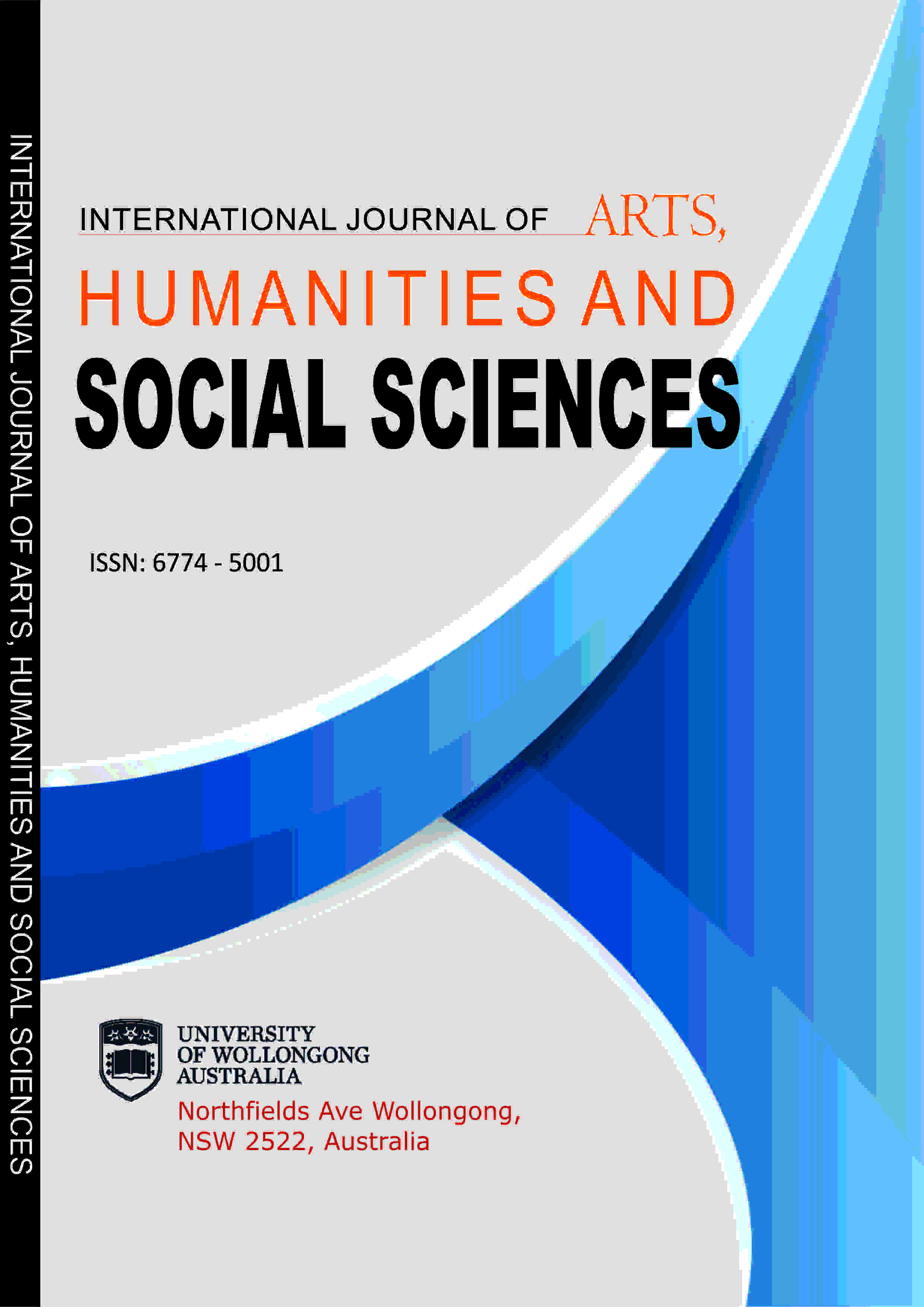INTERNATIONAL JOURNAL OF ARTS, HUMANITIES AND SOCIAL SCIENCES (IJAHSS)
SOCIOCULTURAL DIMENSION OF HEALTH CARE SERVICE: THE CONTEXT OF PRIVATE HOSPITAL IN NEPAL
E-ISSN: 2579-048X
P-ISSN: 6774-5001
DOI: https://iigdpublishers.com/article/315
Health is an existential reality. This means an individual’s value is recognized until s/he exists in the world. Existentialism and human health thus are complementary to each other. Viewing human health with the lens of existentialism provides us an understanding that it is the health through which human being claims themselves as the most valuable creature in this world. Health care approach therefore seems to be existentially significant in all endeavours of human life, may it be the context of family or other health care institutions such as hospitals. I in this context would like to argue that whether the health care services
delivered to the patients are existentially significant. A human being is commonly known as a social creature. That is, they are circumscribed within the social norms, values, guidelines, socio-economic class and the like. In this context, one may raise question of the kind: Do these dimensions of human life influence
the quality health care services imparted to them in hospitals? Or, do the hospitals norms, values, guidelines often ignore or undermine these social aspects of patients while imparting quality health care? In this article, I bring forth some key socio-cultural dimensions and their influence over quality health services delivered in private hospitals in Nepal. The learning from such scholarly discussion about health care institutions and its relationships with the sociocultural limitations/prospects of the patients would serve as a milestone for the nurses and hospital managers/administrators to bring socio-cultural flavor in the
strategies of patients’ treatment in private hospitals in Nepal.
Nabin Tamli PhD
Antwi, Y. A., Moriya, A. S., & Simon, K. (2016). The relationship between education and health care
access in the United States. Journal of Health Care for the Poor and Underserved, 27(2), 951-
970. https://doi.org/10. 1353/hpu.2016.0076
Betancourt, J. R., Green, A. R., Carrillo, J. E., & Park, E. R. (2016). Cultural competence and health care
disparities: Key perspectives and trends. Health Affairs, 35(8), 1360-1368. https://doi.org/10.1377/hlthaff.2016.0242
Betancourt, J. R., Green, A. R., Carrillo, J. E., & Park, E. R. (2016). Cultural competence and health care
disparities: Key perspectives and trends. Health Affairs, 35(8), 1360-1368.
https://doi.org/10.1377/hlthaff.2016.0242
Braveman, P. A., Egerter, S. A., & Mockenhaupt, R. E. (2011). Broadening the focus: The need to address the social determinants of health. American Journal of Preventive Medicine, 40(1), S4-S18.
https://doi.org/10.1016/j. amepre.2010.10.026
Bronfenbrenner, U. (1979). The ecology of human development: Experiments by nature and design.
Harvard University Press.
